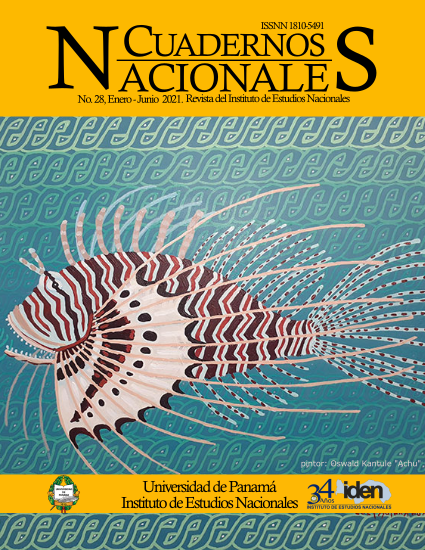

Migration from the transnational perspective is understood as a process articulated on various aspects: social, economic, political and cultural, giving greater dynamism to both the starting and the arriving societies. However, this phenomenon has been growing as a consequence of the quasi-communist dictatorships that bring with them poverty, violation of human rights, violence, and above all drug trafficking. Currently, Latin America presents an increase in violence, which apparently is linked to the migration of people, whether with criminal records or, with an
economic and emotional situation susceptible to criminal organizations that want to increase their ranks, enlarge their operational market and impose their Will. This paper aims to show how migration went from being a risk to becoming a latent threat, the manifestations of this
phenomenon throughout the region, the economic impact they generate and their vulnerability to organized crime.